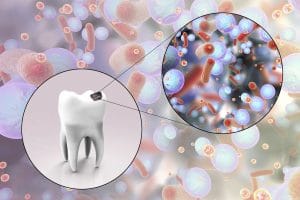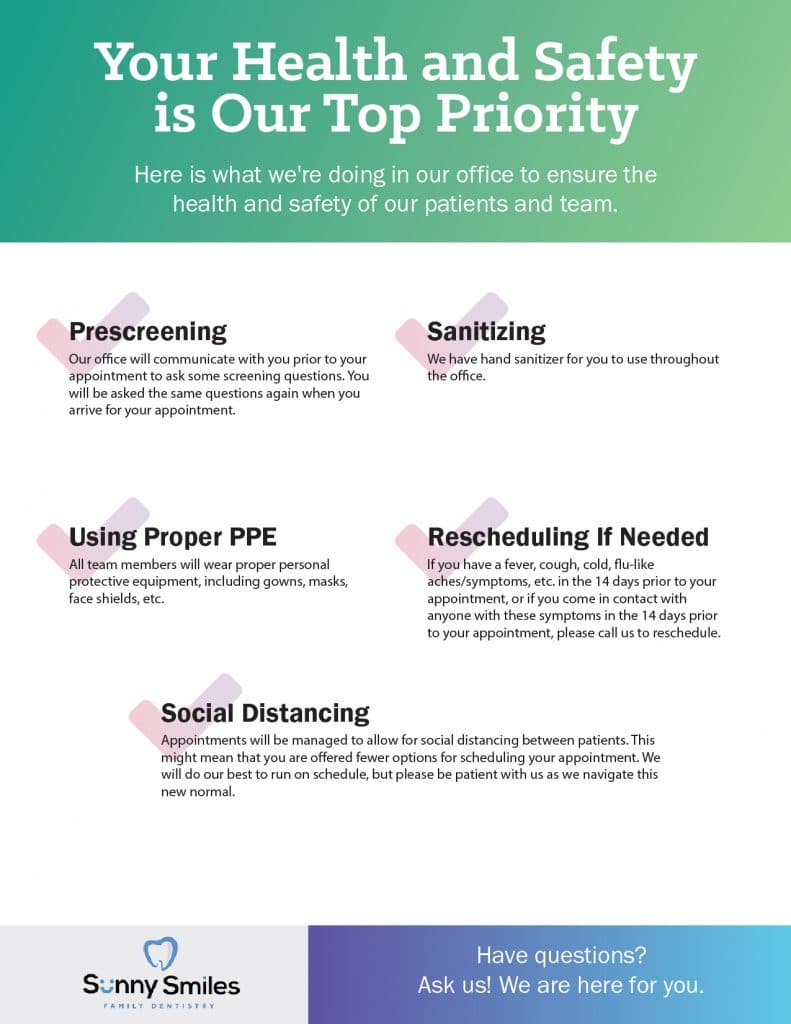 As the most common chronic dental health concern, there are several things about tooth decay that are well-known. For example, most people recognize that tooth decay is the cause of cavities, and that eating a bunch of sugar all the time will almost guarantee that they develop it. However, there are several important things about tooth decay that more people should be aware of. Today, our El Paso, TX, dental team examines a few of these things, and how understanding them can help you better protect your teeth from decay.
As the most common chronic dental health concern, there are several things about tooth decay that are well-known. For example, most people recognize that tooth decay is the cause of cavities, and that eating a bunch of sugar all the time will almost guarantee that they develop it. However, there are several important things about tooth decay that more people should be aware of. Today, our El Paso, TX, dental team examines a few of these things, and how understanding them can help you better protect your teeth from decay.
How tooth decay develops
When it comes to your teeth, the term “decay” means an infection that progressively erodes your healthy tooth structure. It begins when the enamel around your teeth becomes weak and compromised, which usually occurs from exposure to harmful substances, like acids found in food and produced by oral bacteria. Once enamel is compromised (develops a hole), oral bacteria can easily get past it and infect your tooth. As the infection, or decay, grows worse, the cavity that results from the eroded tooth structure will grow larger. It will continue to grow and erode more of your tooth until you treat the decay.
How you know you have it
When tooth enamel grows weak, the main tooth structure underneath it (known as dentin) becomes much more sensitive to things like hot and cold foods and beverages. When the enamel is compromised and a cavity develops, the pain in your tooth can become much more severe. In addition to this ache, you might also notice discoloration in your tooth, and in some cases, chronic bad breath. However, the most effective way to know you have a cavity is to visit your dentist and undergo a dental examination to diagnose the extent of your decay.
How to treat it successfully
How to treat a decayed tooth depends on the how decayed the tooth is. The longer a cavity is left untreated, the more of your tooth will decay, and the more extensive your restorative treatment will have to be. For example, early signs of enamel erosion or cavity development can often be treated with minimally invasive measures. In mild to moderate cases of decay, a tooth filling may be needed, and in severe cases, you might require root canal treatment. In extreme cases of a tooth infection, removing the tooth could become the last resort to saving your smile from more severe complications.
Learn more about tooth decay
Tooth decay can be a minor issue or a serious problem, depending on how soon and how successfully you address it. For more information, schedule a consultation by calling the Sunny Smiles dental office nearest you in El Paso, TX, today! We also have offices in Chaparral, Canutillo, and Vinton so we can easily serve patients throughout all surrounding communities.




